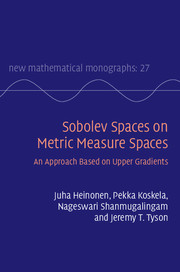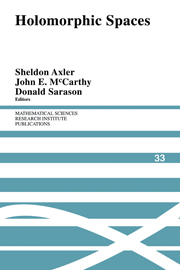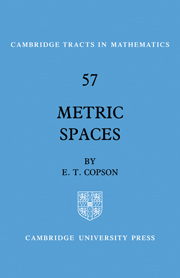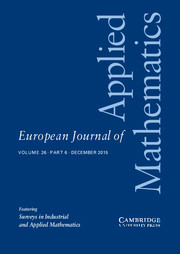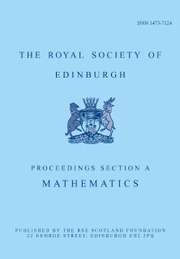Sobolev Spaces on Metric Measure Spaces
Analysis on metric spaces emerged in the 1990s as an independent research field providing a unified treatment of first-order analysis in diverse and potentially nonsmooth settings. Based on the fundamental concept of upper gradient, the notion of a Sobolev function was formulated in the setting of metric measure spaces supporting a Poincaré inequality. This coherent treatment from first principles is an ideal introduction to the subject for graduate students and a useful reference for experts. It presents the foundations of the theory of such first-order Sobolev spaces, then explores geometric implications of the critical Poincaré inequality, and indicates numerous examples of spaces satisfying this axiom. A distinguishing feature of the book is its focus on vector-valued Sobolev spaces. The final chapters include proofs of several landmark theorems, including Cheeger's stability theorem for Poincaré inequalities under Gromov–Hausdorff convergence, and the Keith–Zhong self-improvement theorem for Poincaré inequalities.
- A clear introduction to a burgeoning research area
- The extensive bibliography introduces readers to the rapidly expanding literature
- Readers need only a graduate-level knowledge in analysis
Product details
February 2015Hardback
9781107092341
448 pages
234 × 157 × 33 mm
0.65kg
4 b/w illus.
Available
Table of Contents
- Preface
- 1. Introduction
- 2. Review of basic functional analysis
- 3. Lebesgue theory of Banach space-valued functions
- 4. Lipschitz functions and embeddings
- 5. Path integrals and modulus
- 6. Upper gradients
- 7. Sobolev spaces
- 8. Poincaré inequalities
- 9. Consequences of Poincaré inequalities
- 10. Other definitions of Sobolev-type spaces
- 11. Gromov–Hausdorff convergence and Poincaré inequalities
- 12. Self-improvement of Poincaré inequalities
- 13. An Introduction to Cheeger's differentiation theory
- 14. Examples, applications and further research directions
- References
- Notation index
- Subject index.

